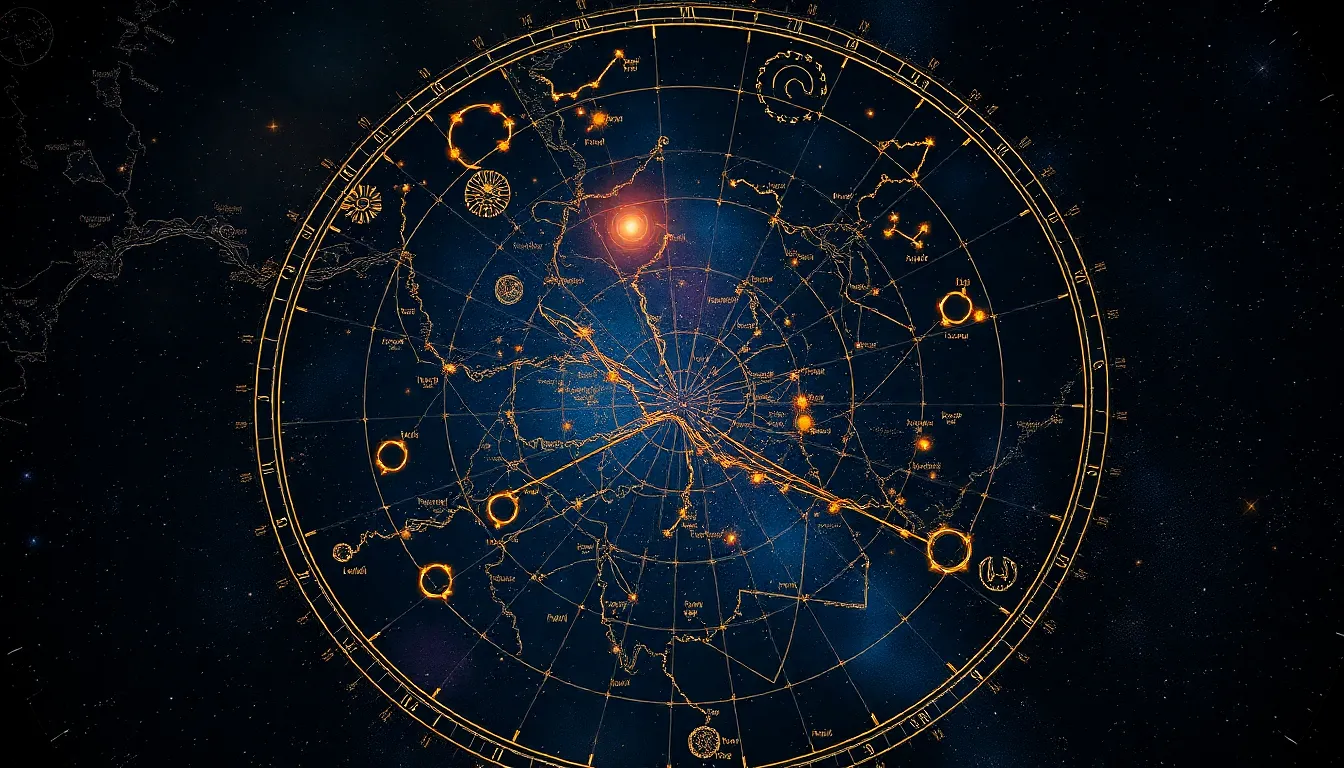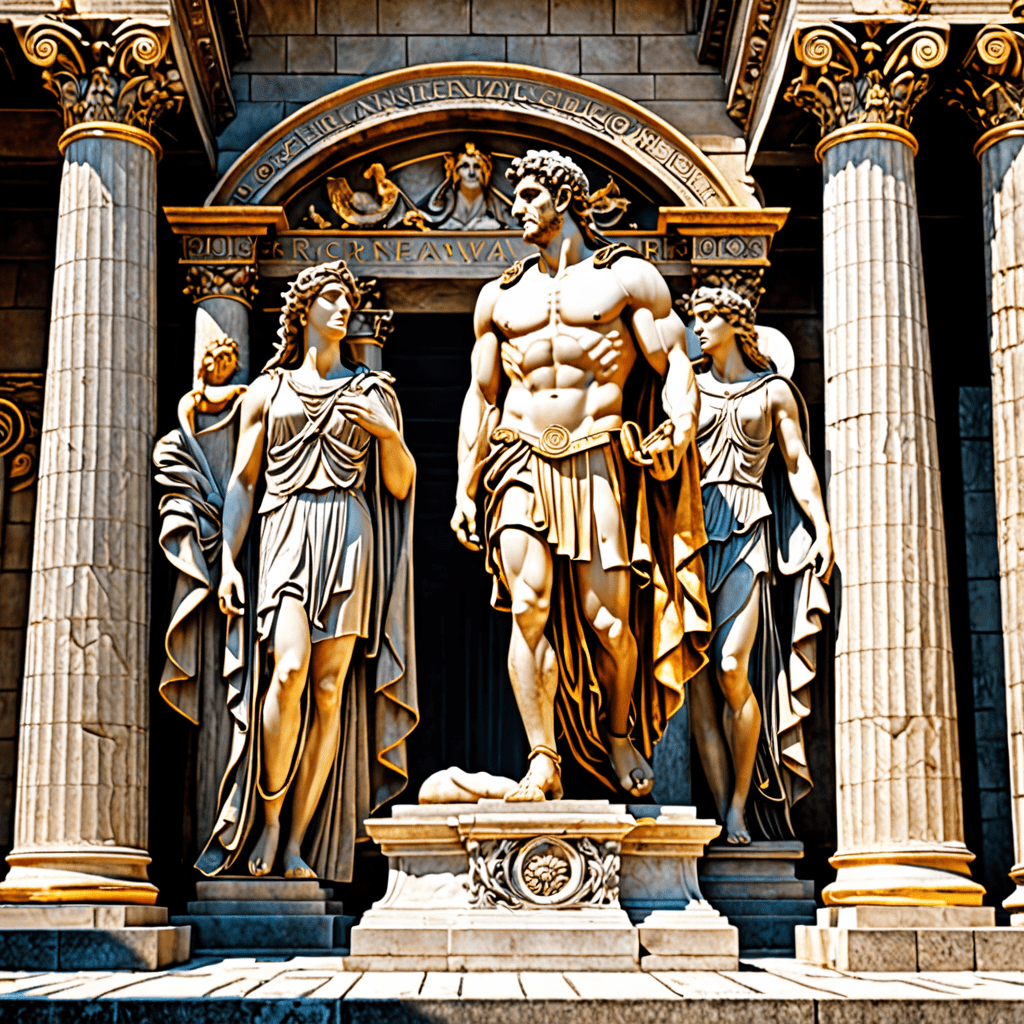The Prophetic Insights of the I Ching: Wisdom from the Ancients
Introduction to the I Ching
The I Ching, also known as the Book of Changes, is an ancient Chinese text that dates back over three thousand years. It is one of the oldest classics of Chinese literature, revered not only for its literary qualities but also for its profound philosophical insights. The I Ching has played a significant role in Chinese culture, influencing various aspects of life, from politics to personal decision-making.
As a divination tool, the I Ching serves to provide guidance and insight into the complexities of life. It offers a unique approach to understanding the changes and transformations that occur in our lives, reflecting the belief that change is the only constant.
The Origins of the I Ching
The origins of the I Ching can be traced back to the Western Zhou Dynasty (1046-771 BCE), where it began as a system for divination based on the patterns of the natural world. Key figures in its evolution include King Wen, who is credited with arranging the text as we know it today, and Confucius, who contributed to its philosophical interpretations.
Over centuries, the I Ching transitioned from a philosophical text to a comprehensive divination guide, reflecting the shifting needs and understanding of Chinese society. This evolution underscores the text’s adaptability and relevance through varying historical contexts.
Understanding the Structure of the I Ching
The I Ching is structured around 64 hexagrams, each composed of six lines that may be either broken (yin) or unbroken (yang). These hexagrams symbolize various situations and the dynamic interplay of opposing forces.
- Yin and Yang: The dual forces in the I Ching that represent the balance of nature.
- Hexagrams: Each hexagram has a unique meaning and interpretation, often reflecting a specific life situation or challenge.
The 64 hexagrams are more than mere symbols; they embody the principles of change and transformation, providing a framework for understanding life’s complexities.
The Divination Process: How to Use the I Ching
To access the wisdom of the I Ching, one must engage in a divination process. Here is a step-by-step guide:
- Formulate a Question: Think deeply about what you seek guidance on.
- Choose a Method: You can cast the I Ching using various methods:
- Coin Toss: Typically involves tossing three coins six times.
- Yarrow Sticks: A more traditional and complex method involving 50 yarrow sticks.
- Record the Hexagram: Based on your casting, write down the hexagram formed.
- Interpret the Results: Consult the text for the hexagram’s meanings and reflect on how they relate to your question.
This process allows individuals to gain insights that can be applied to daily life, encouraging reflection and contemplation.
Philosophical Underpinnings of the I Ching
At the heart of the I Ching are central themes of change, balance, and harmony. It teaches that life is a continuous flow of change, and understanding this can lead to a more harmonious existence.
The relationship between the I Ching and Daoism is profound, as both emphasize living in accordance with the natural flow of the universe. This philosophy encourages individuals to embrace change rather than resist it, fostering adaptability and resilience.
Moreover, the I Ching offers insights into human nature and decision-making, highlighting the importance of reflection and awareness in navigating life’s challenges.
Prophetic Insights: Real-World Applications
The I Ching has been utilized by individuals and leaders throughout history to guide decision-making. Here are some notable case studies:
- Historical Leaders: Various Chinese emperors consulted the I Ching for strategic decisions.
- Modern Business Executives: Many contemporary leaders use the I Ching to navigate complex business environments.
These examples illustrate the relevance of I Ching insights in modern decision-making, underscoring its enduring wisdom.
Comparative Analysis: I Ching and Other Divination Systems
When comparing the I Ching with other divination systems such as Tarot and Astrology, several similarities and differences emerge:
- Similarities: All systems aim to provide insights into the future and facilitate self-reflection.
- Differences: The I Ching focuses on change and balance through a structured hexagram system, while Tarot uses imagery and symbolism.
The cultural significance of divination varies across traditions, yet the I Ching stands out for its unique strengths as a prophetic tool, emphasizing adaptability and philosophical depth.
Criticism and Skepticism of the I Ching
Despite its popularity, the I Ching faces criticism regarding its validity as a divination tool. Common criticisms include:
- Intuition vs. Systematic Analysis: Critics argue that interpretations are subjective and based on personal intuition rather than systematic analysis.
- Scientific Skepticism: Some dismiss the I Ching as mere superstition without empirical basis.
Practitioners of the I Ching often respond to skepticism by emphasizing the text’s philosophical insights and its value in fostering self-awareness and reflection.
The I Ching in Contemporary Culture
In recent years, there has been a resurgence of interest in the I Ching within modern spirituality. Its influence extends beyond traditional practices, impacting:
- Art and Literature: Many artists and writers draw upon I Ching themes in their works.
- Psychology and Therapy: Therapists incorporate I Ching insights to facilitate personal growth and understanding.
This integration highlights the timeless relevance of the I Ching in contemporary culture, illustrating its adaptability to modern contexts.
Conclusion
The I Ching remains a profound source of wisdom, offering insights that resonate across time and culture. Its teachings on change, balance, and harmony continue to guide individuals in their personal and professional lives. As both a philosophical text and a practical divination tool, the I Ching invites us to reflect on our lives and navigate the complexities of existence with greater awareness and understanding.




